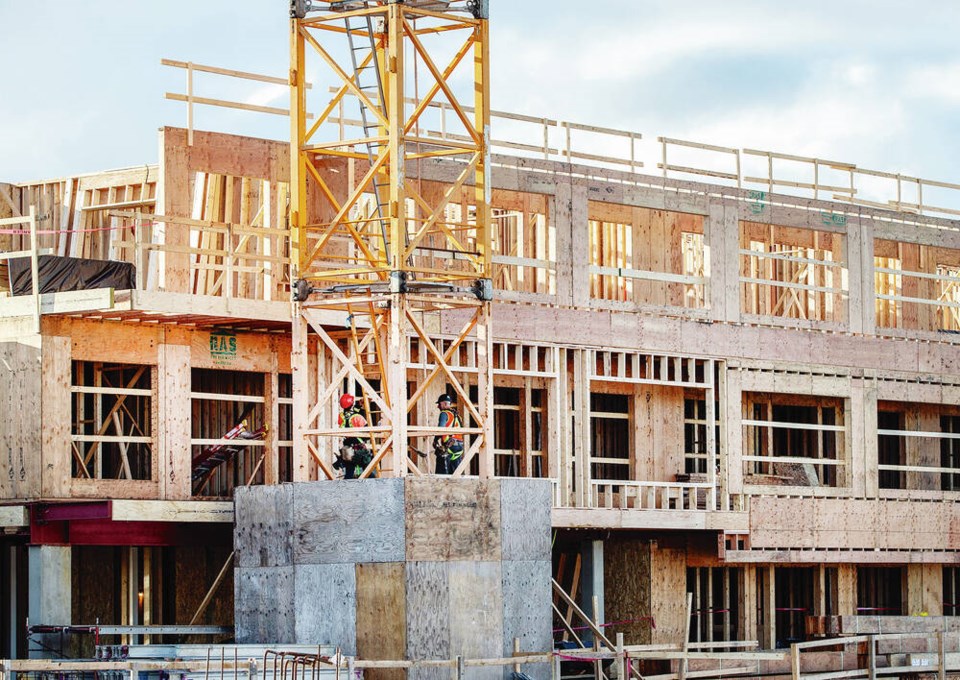A new tax to discourage home-flipping and measures to make it easier for first-time homeowners were announced Thursday as part of the 2024 budget.
Finance Minister Katrine Conroy called the home-flipping tax, which comes into effect Jan. 1, 2025, “our latest effort to crack down on bad actors.”
The tax will apply to income from selling a residential property within two years of purchase.
There is a list of exemptions for certain circumstances, including death, divorce, disability, illness, losing a job, relocating for work and insolvency.
The tax starts at 20 per cent on profit from properties sold within one year, gradually declining to zero for those sold between 366 and 730 days.
It applies to properties with a housing unit and those zoned for residential use.
The tax will cover properties sold on or after Jan. 1, 2025, and will apply even if the property was purchased before the effective date, the budget document said.
Owners selling a primary residence within two years of purchase will be allowed to exclude up to $20,000 when determining their taxable income, but that does not apply to properties that are not the main home of the seller.
Exemptions are available for people such as builders who add to the housing supply.
Brendon Ogmundson, chief economist of the B.C. Real Estate Association, said he was surprised by the two-year horizon, since the really harmful speculative activity in an overheated market typically involves buying and selling within six months.
Owners who sell after about a year might be renovating and improving a home before selling, he said. “I’m not sure that activity needs to be taxed necessarily.”
If someone was planning to sell a home in two years and didn’t meet exemption criteria, it would make sense to hang onto it a little longer to avoid the tax, which could lead to a further decline in supply, he said.
Meanwhile, the property-transfer-tax exemption threshold for first-time home buyers is moving up to $835,000 from $500,000 starting April 1, and properties with a market value of less than $500,000 will be exempt from the tax.
Conroy said the change will save buyers $8,000.
The government anticipates that 14,500 people will be eligible, twice the number eligible before.
Buyers will also pay less property transfer tax when they purchase a newly built home, Conroy said.
Ken Peacock, senior vice-president and chief economist for the Business Council of B.C., said the big challenge is that governments are boosting both the demand for and supply of new homes at the same time.





